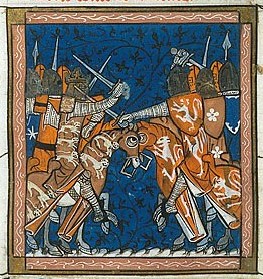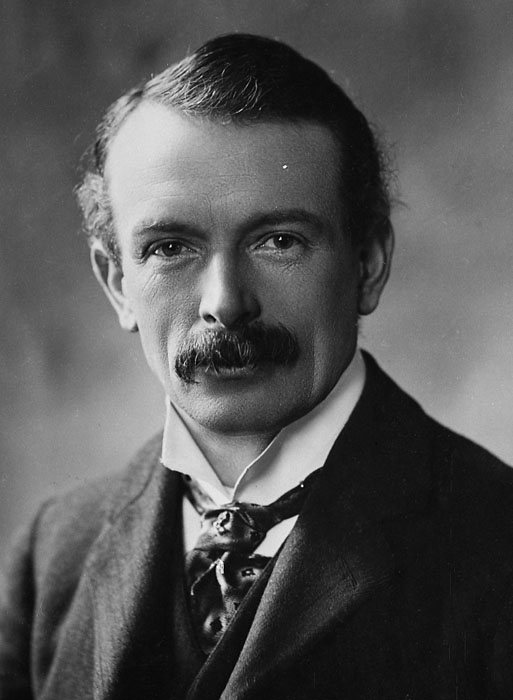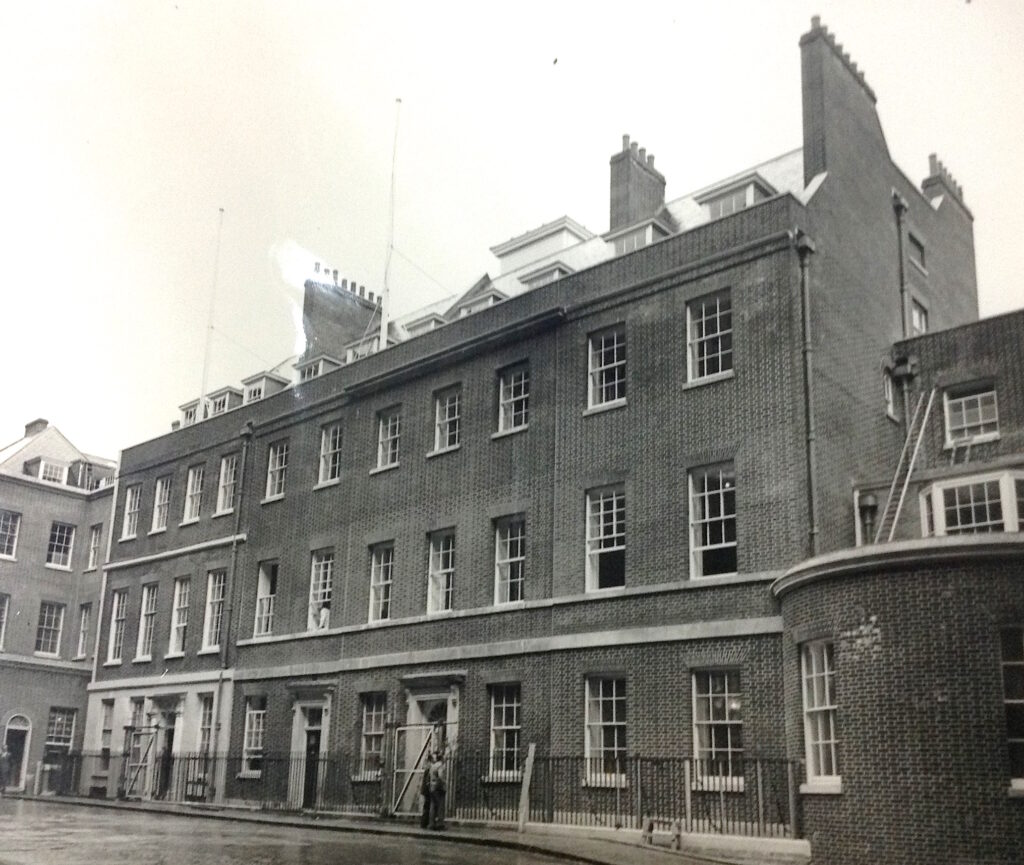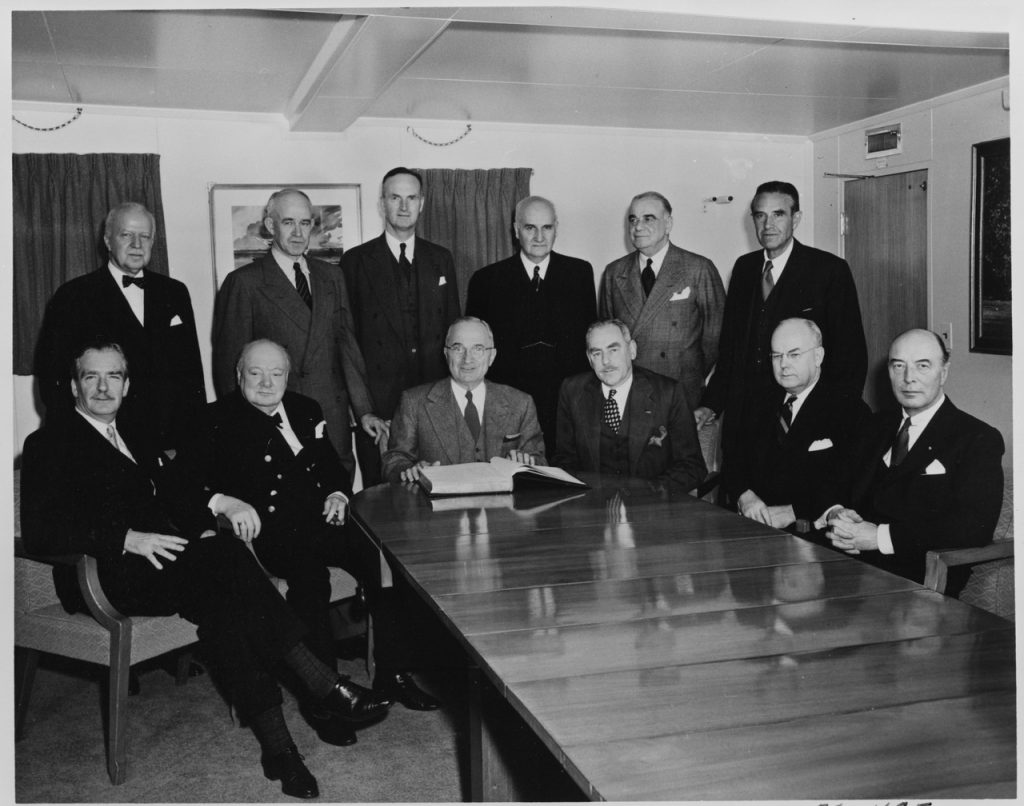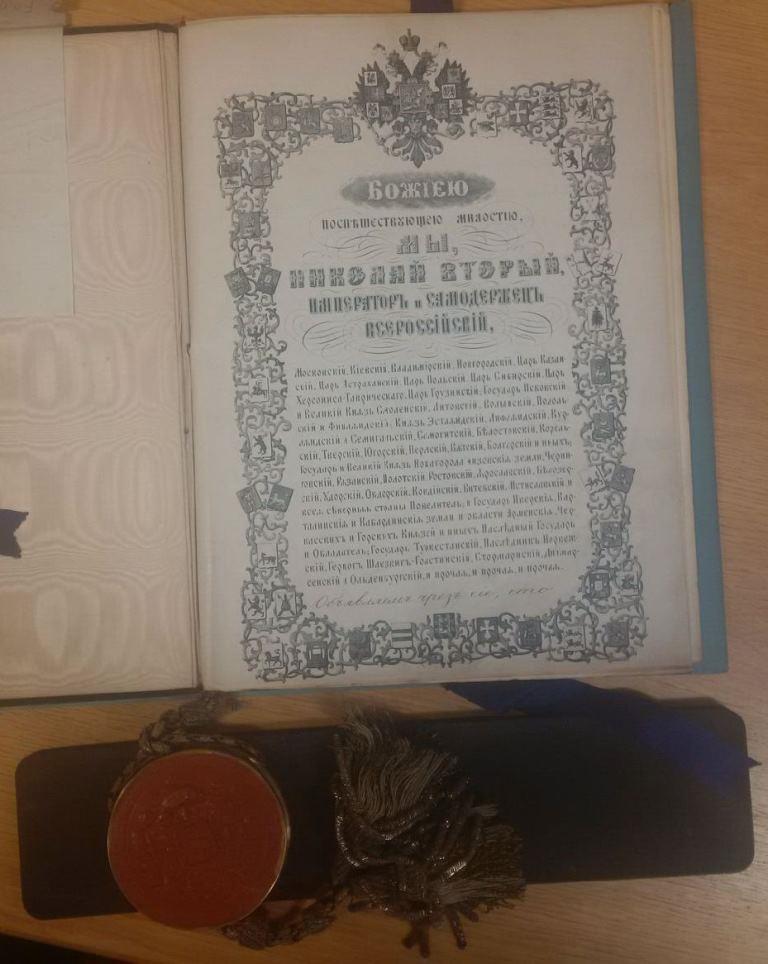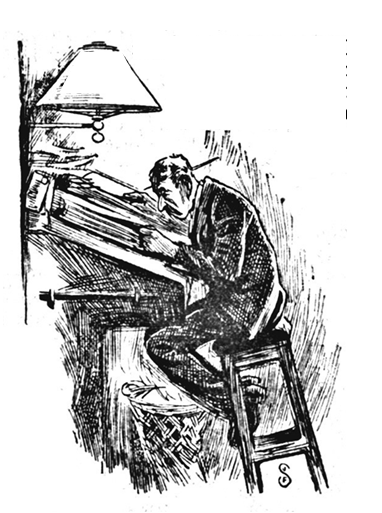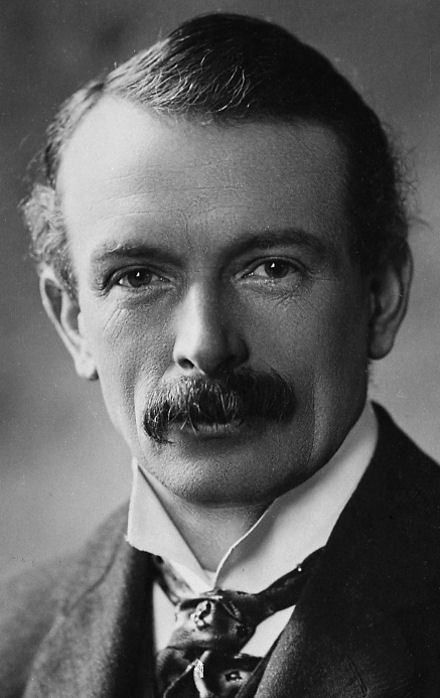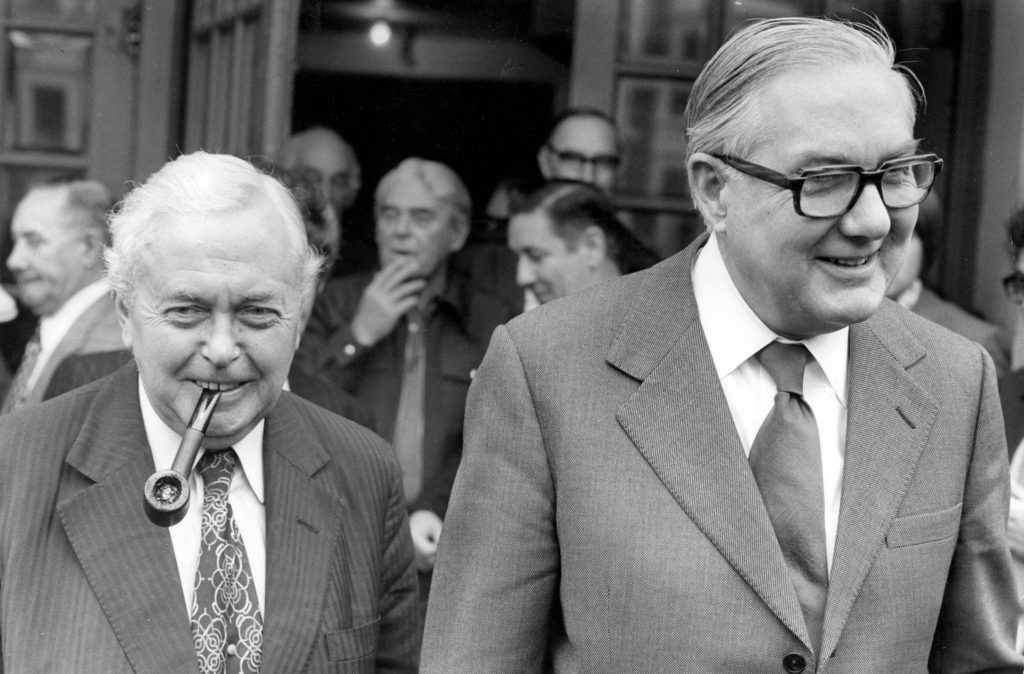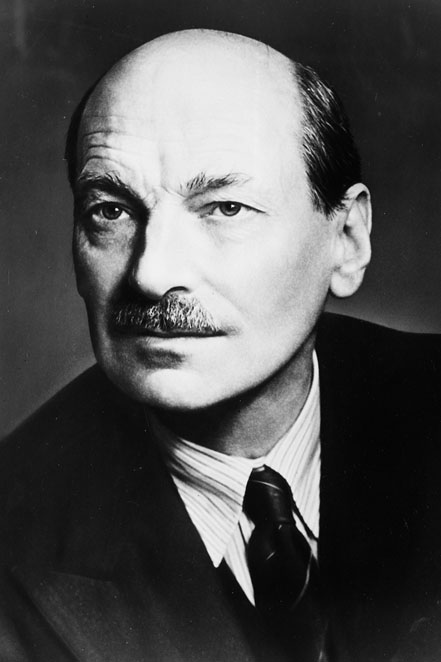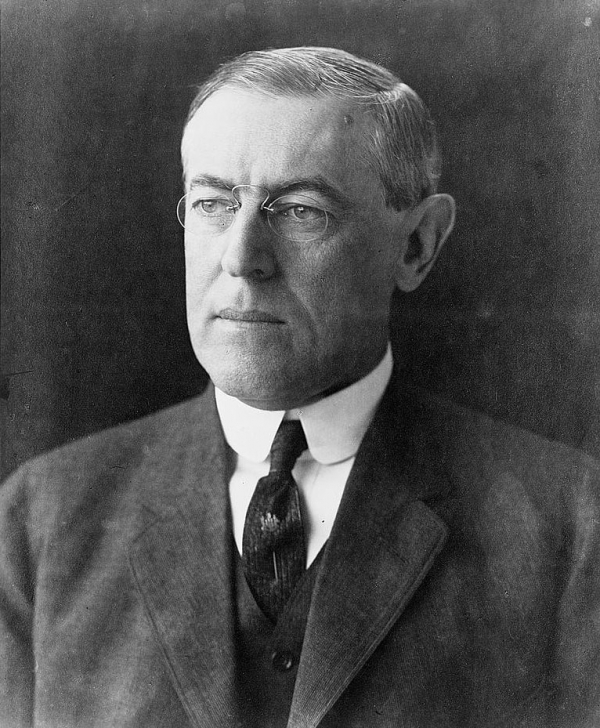Search results for VIPREG2024 1xbet sign up promo code Bulgaria
...examples do occur, we can be sure that their creation was significant. One of the earliest deliberate post-Conquest uses of English by government dates from October 1258. It relates to...
...George, supported by the Conservative leader Andrew Bonar Law, threatened to resign from the government unless the Prime Minister agreed to turn over responsibility for the day-to-day running of the...
...alongside the construction of an air raid shelter in the basement, had proved inadequate, leaving several rooms unstable.[ix] Many of the diseased walls were also significantly ‘out of true’ (i.e....
...tasked George Kennan, Director of Policy Planning at the State Department with figuring out ‘what could be done to promote world recovery’. “We want coal, we want bread.” A demonstration...
On 31 August 1907, Britain and Russia signed an agreement in St Petersburg which put in place the final piece of the alliance system which has widely been considered to...
...a National Register was required, in 1939. And the Registrar General in charge of National Registration in 1939 was…Sylvanus Vivian. Keep tabs on the past.Sign up for our email alerts....
...Nicolson, London, 1997). Footnotes: [1] Parliamentary Archives, Lloyd George Papers, LG/F/74/10/4, pp.2-3. [2] Parliamentary Archives, Lloyd George Papers, LG/F/74/10/4, p.5. Keep tabs on the past.Sign up for our email alerts....
...before, was seen as a damaging blunder. The Chancellor of the Exchequer, James Callaghan, had vowed to resign if sterling were devalued, and was replaced by Home Secretary Roy Jenkins,...
...activities at home and overseas, and to look for long-term counter-measures. Lacking Intelligence? Yet there remained significant intelligence gaps. In marked contrast to the successes enjoyed by British intelligence in...
...without a victory would prove impossible to both sides as it would signify to their peoples that the war had been for no purpose. Europe 1919 (www.nationalarchives.gov.uk) On 11 February...
